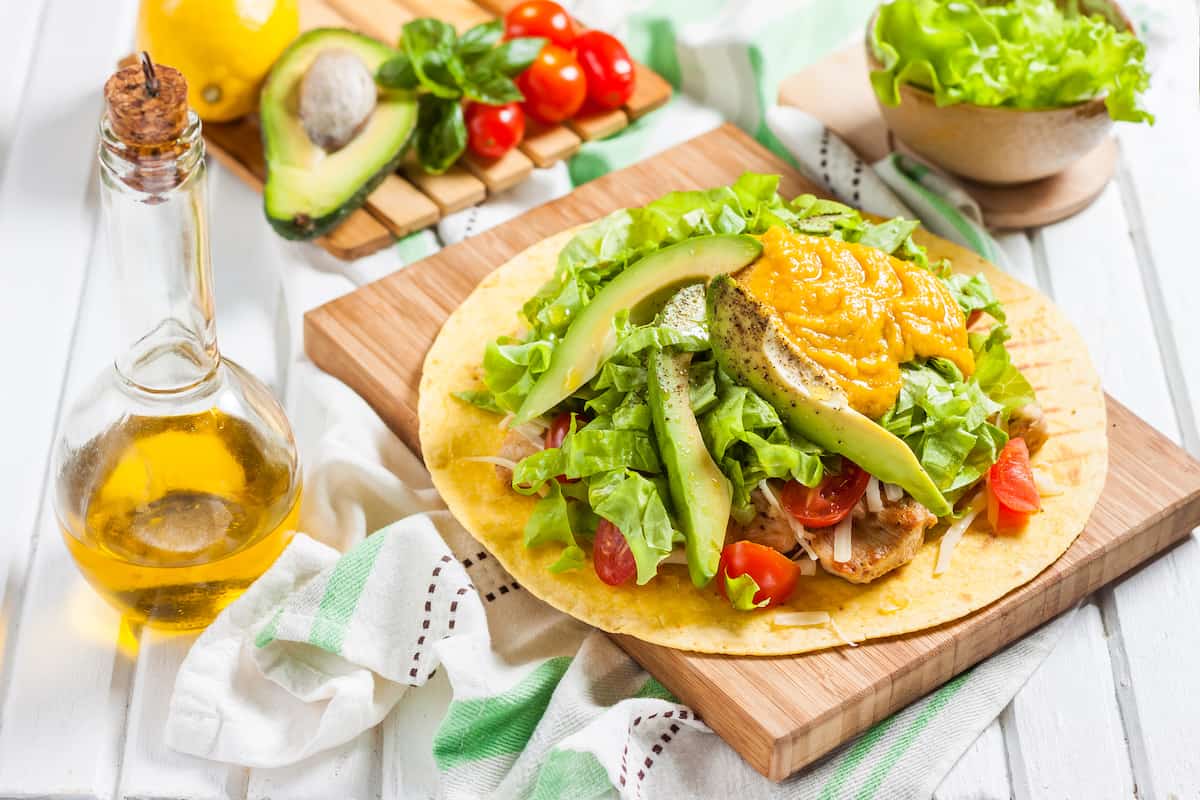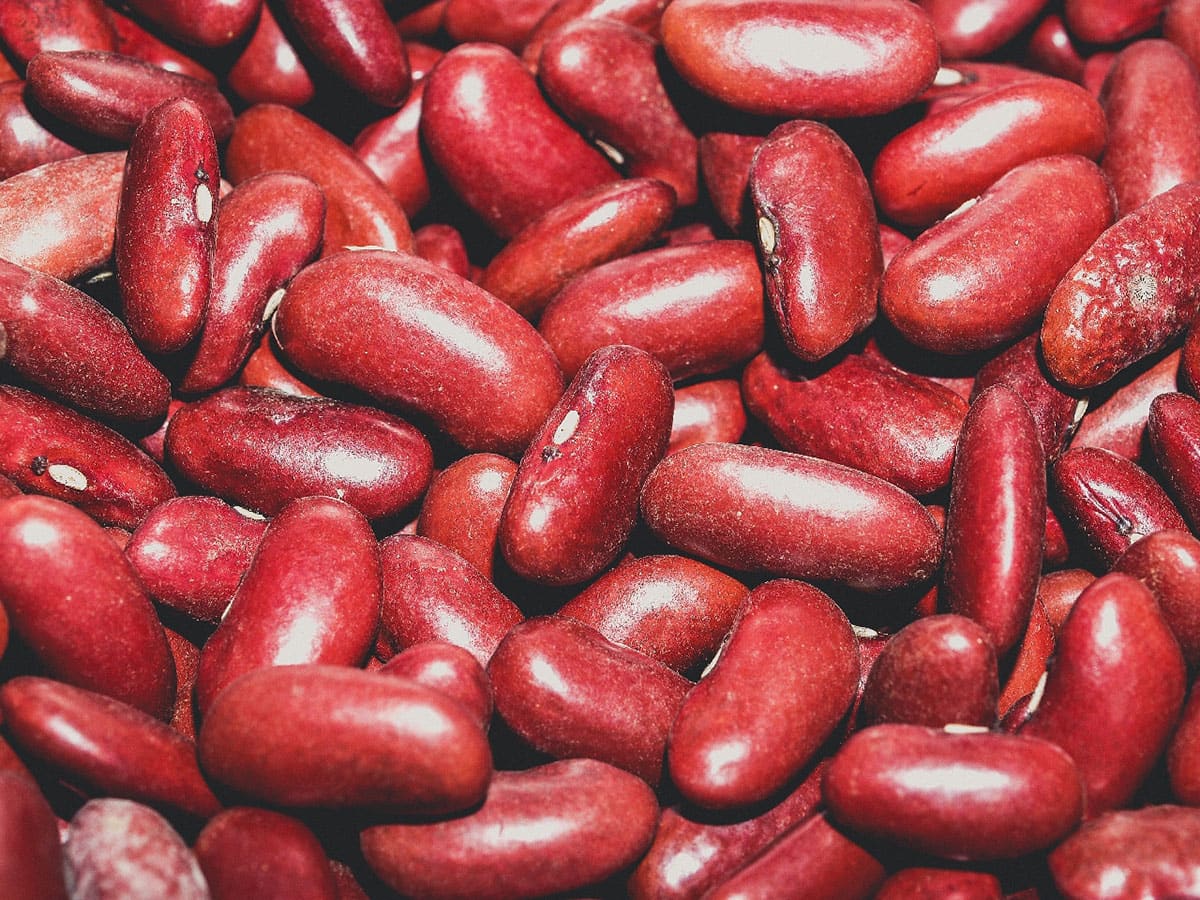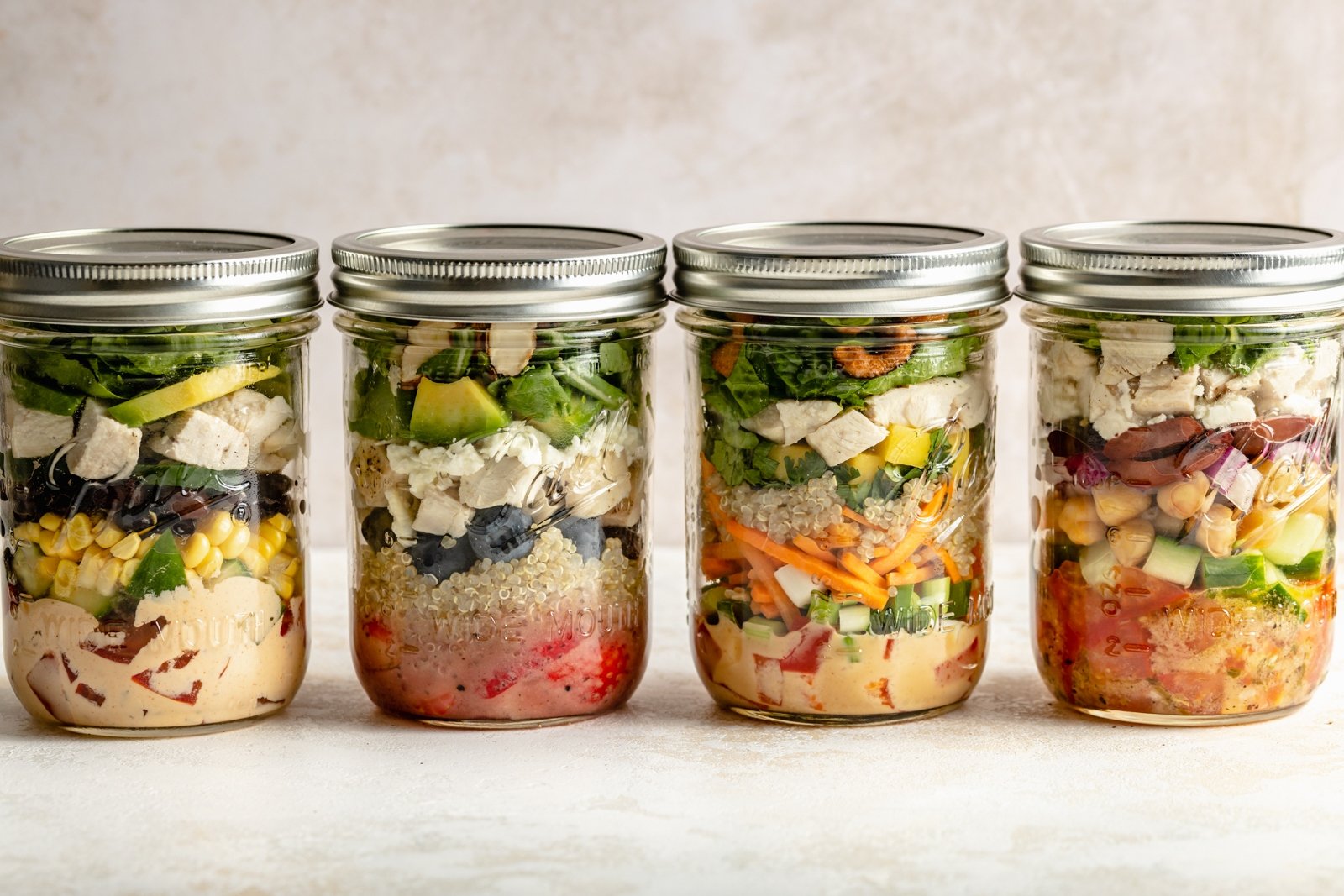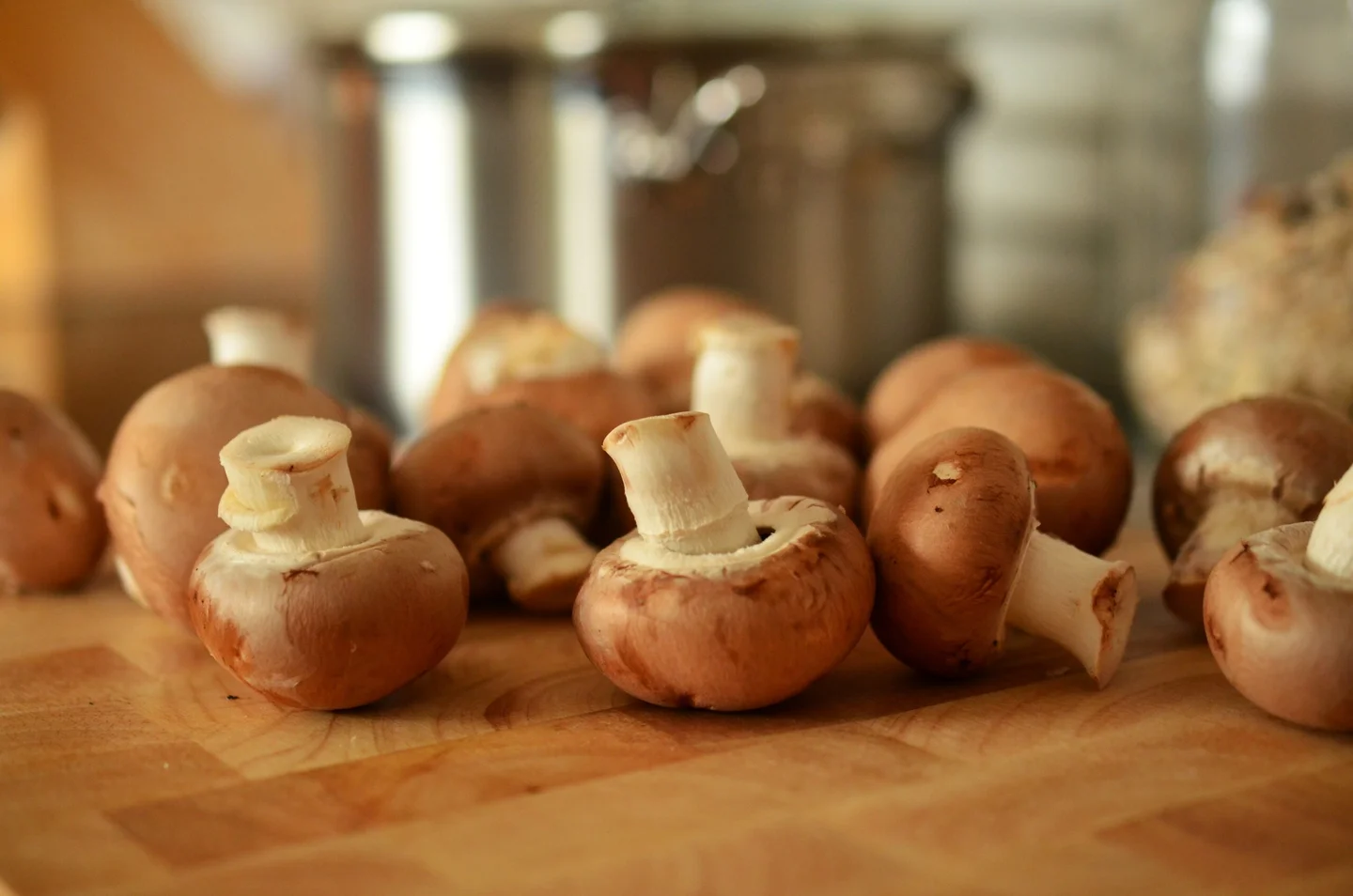How to Maintain a Healthy Vegetarian Diet
Being a vegetarian can be a wonderful and healthy lifestyle choice. However, it’s important to ensure that you are getting all the necessary nutrients to maintain a balanced diet. Here are some tips on how to eat properly as a vegetarian:
1. Include a Variety of Foods
It’s important to include a wide variety of foods in your vegetarian diet to ensure that you are getting all the essential nutrients. Include plenty of fruits, vegetables, whole grains, legumes, nuts, and seeds in your meals.
2. Get Enough Protein
Protein is an essential nutrient for the body, and as a vegetarian, it’s important to ensure that you are getting enough of it. Include protein-rich foods such as tofu, tempeh, lentils, chickpeas, and quinoa in your diet.
3. Don’t Forget About Iron
Iron is important for maintaining healthy blood cells. While iron is commonly found in meat, there are plenty of vegetarian sources of iron such as spinach, lentils, and fortified cereals. Pairing these foods with vitamin C-rich foods can help enhance iron absorption.
4. Incorporate Calcium-Rich Foods
Calcium is essential for maintaining strong bones and teeth. Include calcium-rich foods such as dairy alternatives (fortified with calcium), leafy greens, almonds, and sesame seeds in your diet.
5. Don’t Overlook Vitamin B12
Vitamin B12 is primarily found in animal products, so it’s important for vegetarians to ensure they are getting enough of it through fortified foods or supplements. Vitamin B12 is crucial for maintaining healthy nerve function and forming red blood cells.
6. Be Mindful of Omega-3 Fatty Acids
Omega-3 fatty acids are important for heart health and brain function. Include foods rich in omega-3s such as flaxseeds, chia seeds, walnuts, and hemp seeds in your diet.
7. Read Labels Carefully
When purchasing packaged or processed foods, be sure to read the labels carefully to check for any hidden animal-derived ingredients. Look out for ingredients such as gelatin, rennet, and certain food colorings that may not be vegetarian-friendly.
8. Stay Hydrated
Drinking an adequate amount of water is important for overall health. Aim to drink at least 8-10 glasses of water per day to stay properly hydrated.
9. Plan Balanced Meals
Take the time to plan out balanced meals that include a variety of nutrients. This can help ensure that you are meeting all your nutritional needs as a vegetarian.
10. Seek Professional Advice
If you have any concerns about meeting your nutritional needs as a vegetarian, consider seeking advice from a registered dietitian or nutritionist. They can provide personalized guidance and help you create a well-rounded vegetarian meal plan.
By following these tips and being mindful of your nutritional needs, you can maintain a healthy and balanced vegetarian diet.
Was this page helpful?
discussionsite
You're on the right track now! Very good article thnx for sharing energetic information. i really appreciate u.U work more to promte website. keep it,blog Upload on regularly. I read the blog on upcoming. The points required for Canada immigration 2022 PR include the eligibility requirement for the Canada PR which is 67 points out of 100.You will need to score at least 67 points under various eligibility criteria to apply for your PR visa https://fukatsoft.com/b/canada-immigration-2022/











